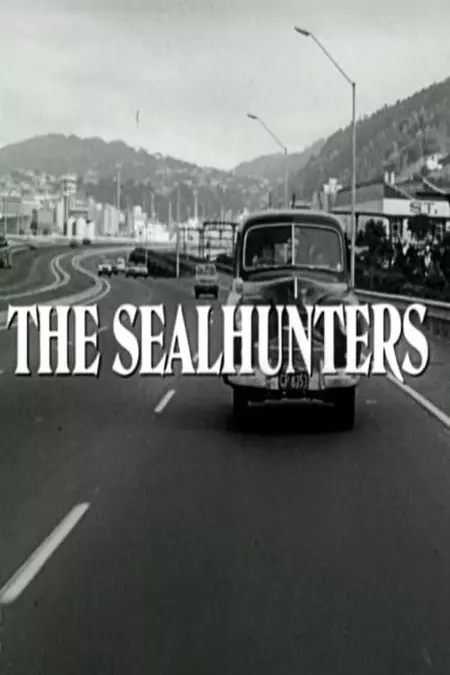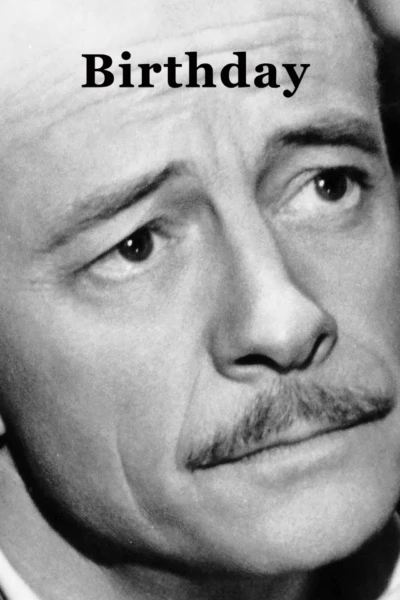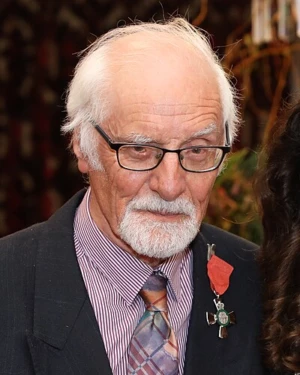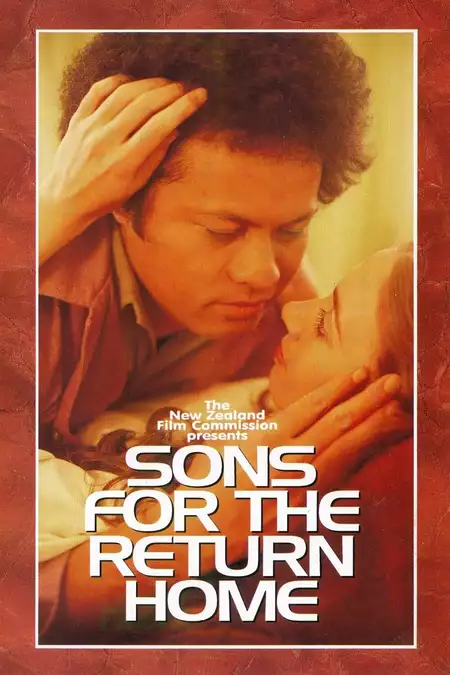Biography
(No Information)
Filmography
all 4
Movies 4
Director 3
Producer 1
Director

Landfall (1975)
Movie
Director

The Sealhunters (1973)
Movie
Producer / Script

Birthday (1969)
Movie
Information
Known ForDirecting
GenderMale
Birthday1945-02-08 (80 years old)
CitizenshipsNew Zealand
ResidencesBlackball, New Zealand
AwardsMember of the New Zealand Order of Merit
This article uses material from Wikipedia.
Last updated:
 Paul Maunder
Paul Maunder- Filmography
- Information
